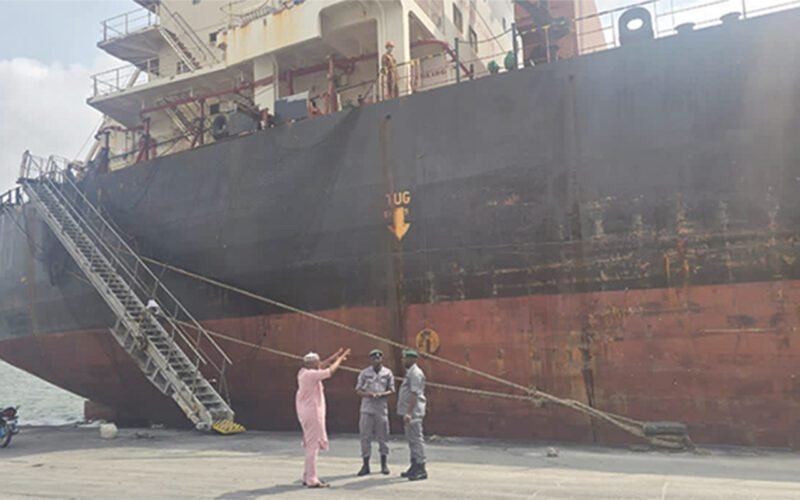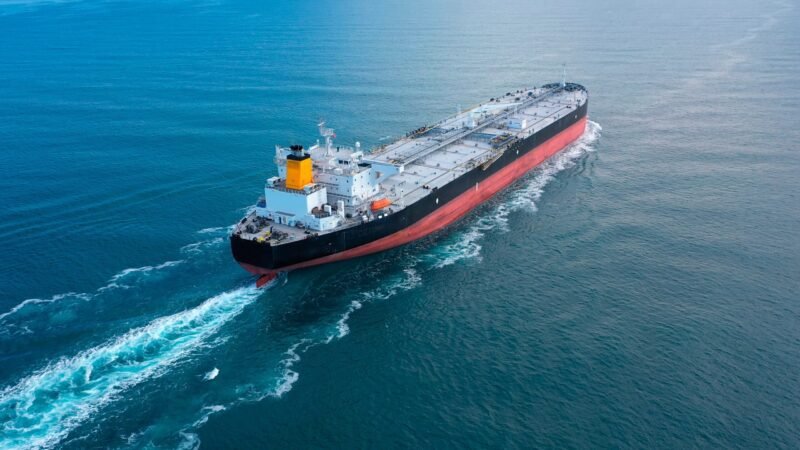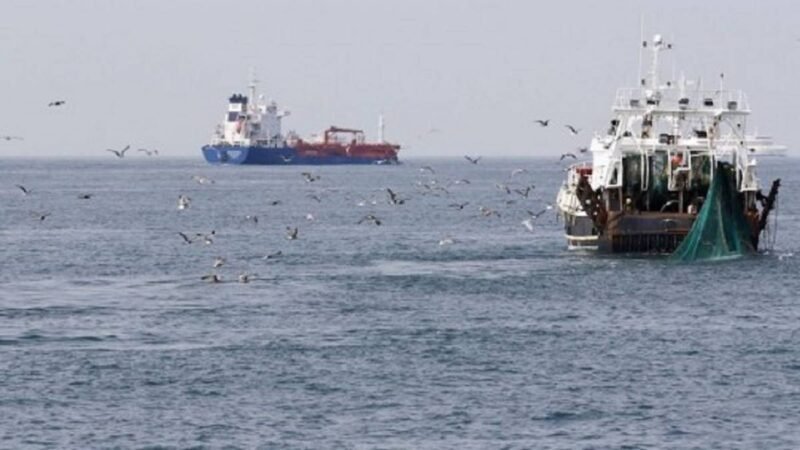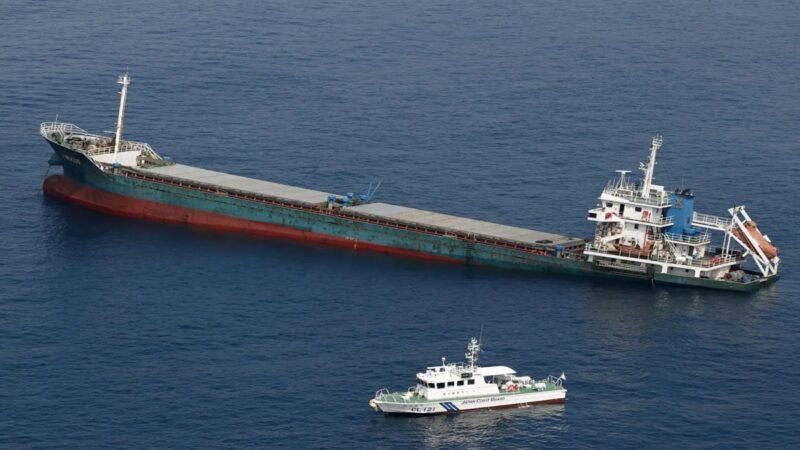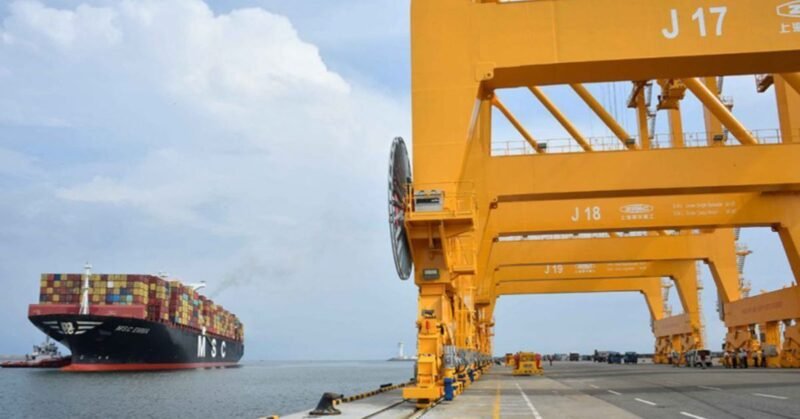Shipping companies are choosing the route through Colombo as a convenient transit point due to its strategic location. Iran-backed Yemen’s Houthi rebels have been attacking ships in the Red Sea since November, causing most shipping companies to switch to a longer and more expensive route around Africa’s Cape of Good Hope. Colombo’s good connectivity to the Middle East, South Asia, and East Asia makes it an important port for ships sailing to these regions.
Lal Weerasinghe, a senior official at the Sri Lanka Ports Authority (SLPA), highlighted Colombo’s importance as a first hub for ships passing South Africa, offering a more convenient location than Singapore. The port handled 6.94 million 20-foot equivalent units (TEUs) in 2023, with a notable 15 percent year-on-year increase in TEUs in December. Shipping companies have been seeking additional berths, and transshipment volumes from neighboring India have also increased. Despite increased demand, the port had to reject requests from some shipping companies to avoid delays for existing customers.
The port of Colombo is developing into a transshipment port where shipping companies transfer entire cargoes to various ships. Officials at other port terminals in Colombo have reported an increase in ship calls, particularly due to increased transshipment from India. It is expected that increased traffic will bring double-digit growth to the Port of Colombo in the first quarter of 2024.








